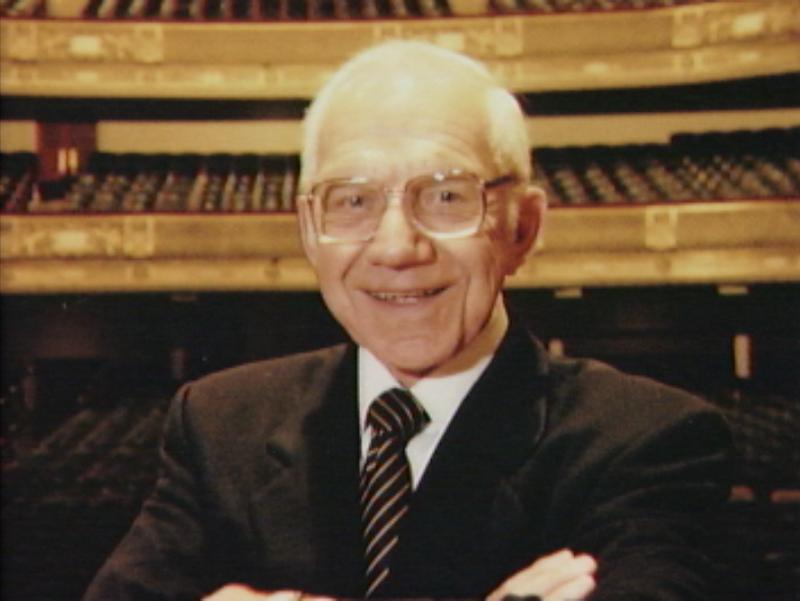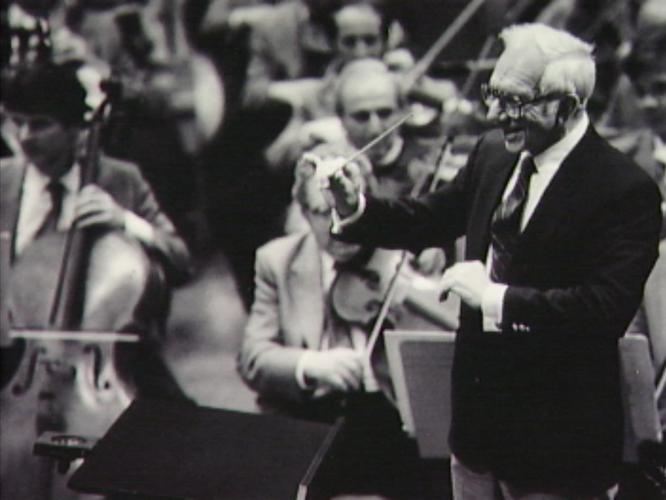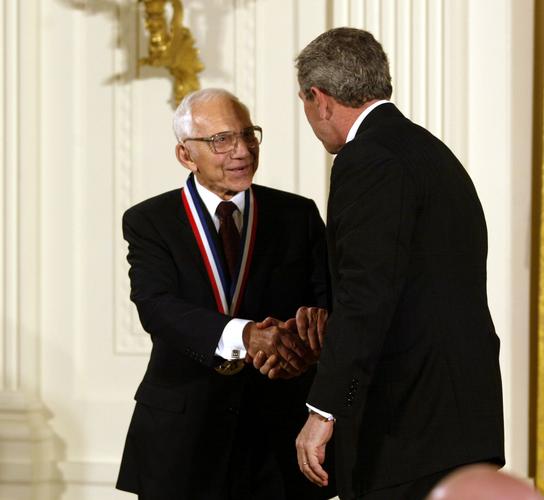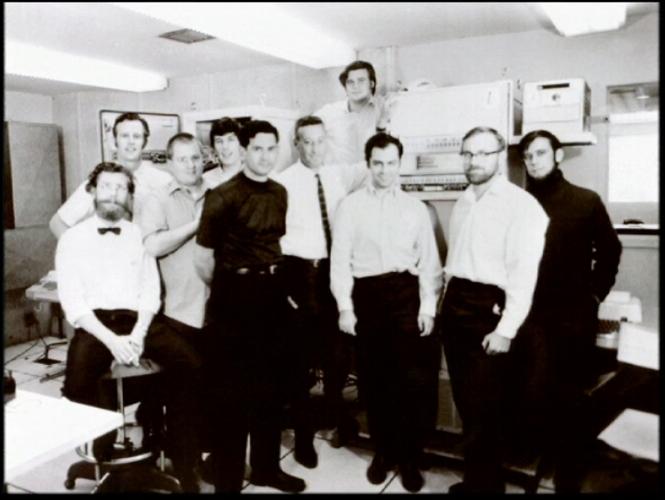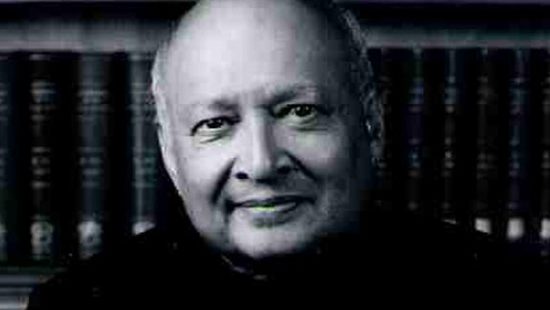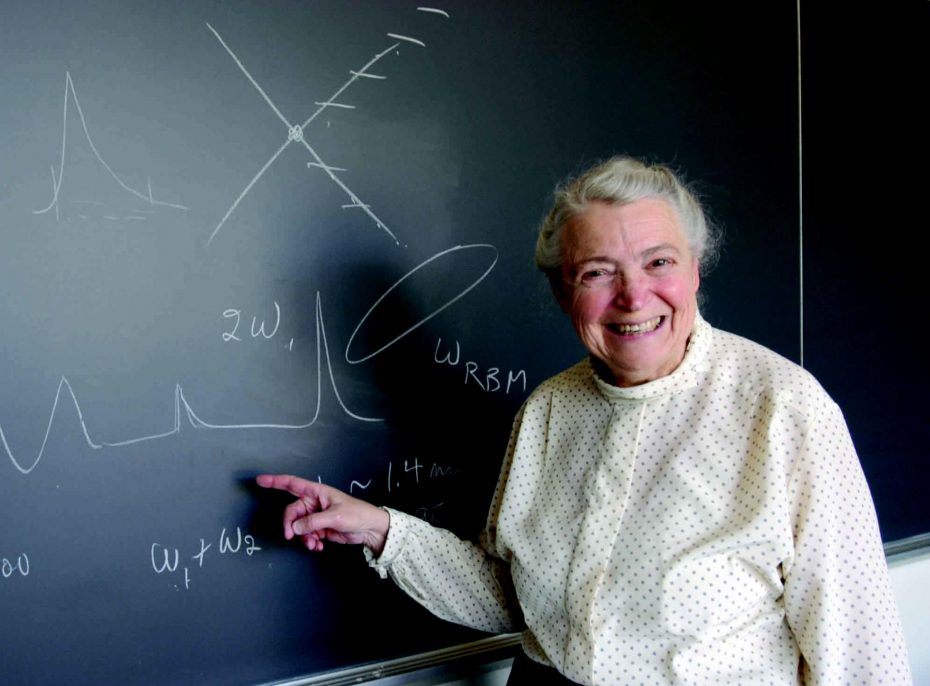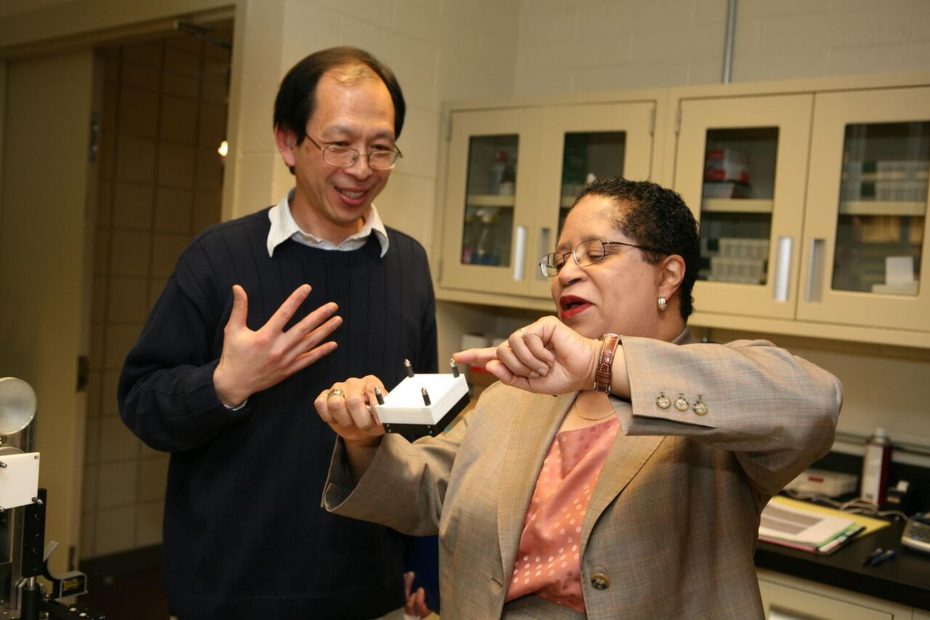Though it feels now like fate, Leo Beranek’s remarkable career in acoustic engineering started with a stroke of luck: He withdrew his tuition money for college just one day before the bank failed and lost the remainder of his funds. This early fortune at the height of the Great Depression set the stage for a long and rewarding career as a professor and engineer. After developing an interest in radios as a child, Beranek began tinkering with the technology in high school, and continued to explore this interest in college. Post-graduation, he sought to expand this study of acoustics and went on to attain his doctorate in acoustical engineering from Harvard University in 1940.
At Harvard, Beranek managed the university’s electro-acoustics laboratory, designing noise-reduction systems for WWII aircraft. Later, Beranek became a Professor of Communications Engineering at MIT and shifted focus to his lifelong interest in music. He soon became world-renowned for his innovations in the acoustics of concert halls and travelled internationally to research and advise on the subject. He ultimately published two seminal textbooks on acoustics and fundamentally changed the way we experience live music today.
By Sara Grossman

